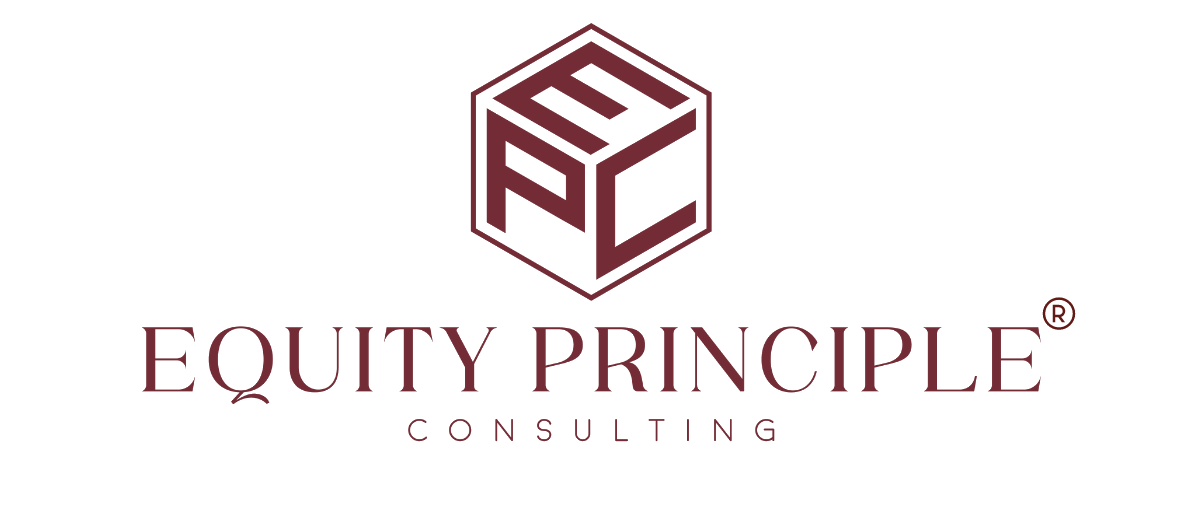Workplace
Embracing Intersectionality in the Workplace: A Path to True Inclusion
As the world becomes increasingly diverse, the concept of intersectionality in the workplace has become essential to understanding the complexities of identity and the challenges encountered by individuals. Coined by Kimberlé Crenshaw in 1989, intersectionality is a framework that examines how various social identities—such as race, gender, sexuality, class, and disability—intersect and overlap, leading to…
Read MoreCreating Equitable Pathways for Advancement
Establishing equitable pathways for career advancement is essential for fostering a diverse and inclusive workplace culture. Companies that lead the pack effectively recognize and nurture talent across a broad spectrum without bias. The critical question is: How can an organization evolve from simply endorsing the concept of fairness to truly weaving it into their day-to-day…
Read MoreHow To Embrace DE&I as a Catalyst Rather Than a Disruptor
In the corporate world, the rollout of Diversity, Equity, and Inclusion (DE&I) initiatives often brings a mix of excitement and uncertainty among leaders. The notion that DE&I could disrupt business operations is a prevalent concern. However, viewing these initiatives not just as potential disruptors but as catalysts for positive change is crucial. As businesses evolve,…
Read MoreHow to Embrace the Fear of Making Mistakes in DE&I
The journey toward a genuinely inclusive workplace is marked by both successes and mistakes; embracing the fear of making mistakes can fundamentally shift organizational dynamics. This fear, if harnessed constructively, becomes a powerful catalyst for growth and innovation. Recognizing that errors from leadership or the broader employee base are invaluable, leaders can foster environments that…
Read MoreInstitutional Neutrality: The Subtle Adversary of Diversity and Equity
Institutional neutrality refers to organizations deliberately choosing not to take a stance on social, political, or cultural issues. Often perceived as a balanced approach, this neutrality can inadvertently uphold inequality and oppression, particularly impacting marginalized groups within these organizations. Neutrality is a conscious decision to avoid alienating any group, distinguishing it from mere inaction. Yet,…
Read More





